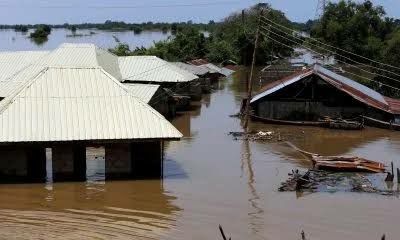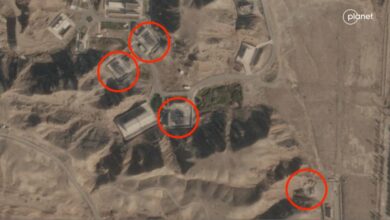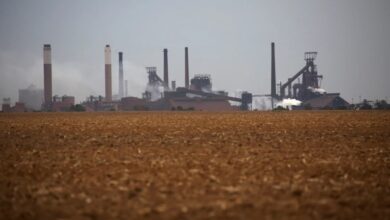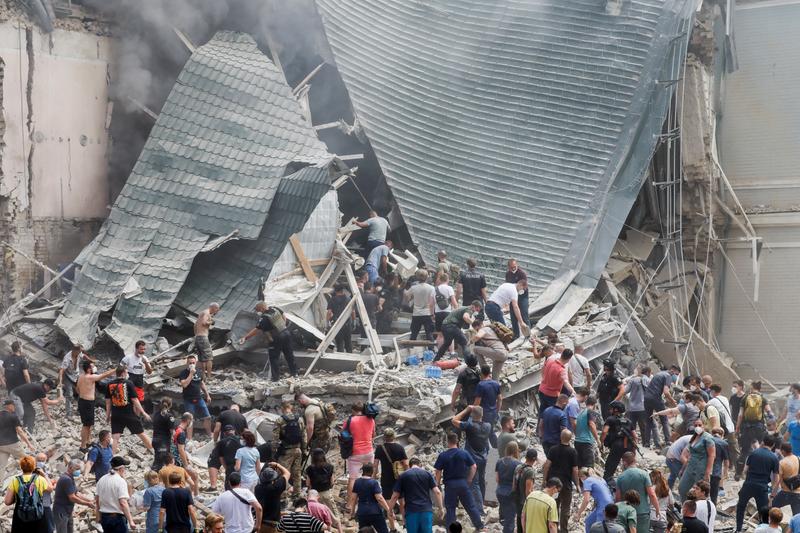Today in History: Ojukwu’s Return to Nigeria from Exile (June 18, 1982)
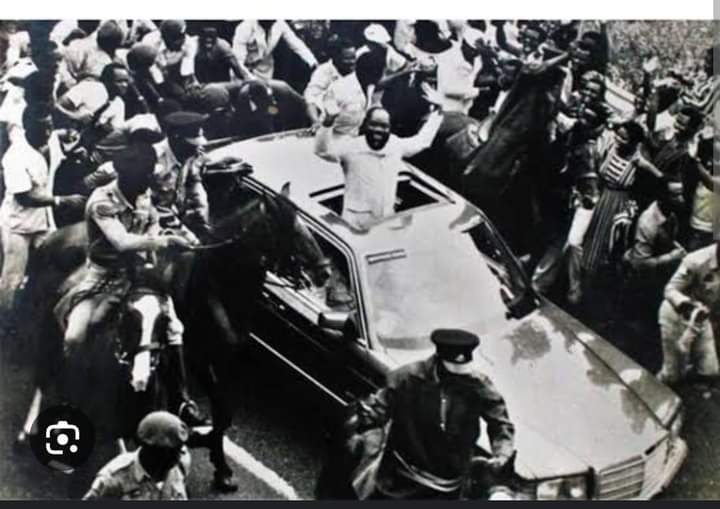
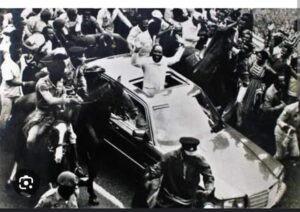
Today in History: Ojukwu’s Return to Nigeria from Exile (June 18, 1982)
On June 18, 1982, Chief Chukwuemeka Odumegwu Ojukwu, the former leader of Biafra, returned to Nigeria after 12 years in exile. This marked a significant moment in Nigerian history, symbolizing national reconciliation and the end of a prolonged period of political tension following the Nigerian Civil War.
Ojukwu had been living in Ivory Coast since January 1970, where he was granted asylum by President Félix Houphouët-Boigny. On October 28, 1981, from his base in Ivory Coast, Ojukwu expressed his desire to return to Nigeria, citing the advent of democratic rule as a key factor in his decision. His call for a return was widely reported and prompted political figures in Nigeria to advocate for his pardon.
The push for his return gained momentum when on October 29, 1981, Chief Adeniran Ogunsanya, the Nigerian Peoples Party (NPP) former governorship candidate for Lagos State, publicly supported the idea of pardoning both Ojukwu and former Head of State, Yakubu Gowon. This was further supported by Alhaji Aminu Kano, leader of the People’s Redemption Party (PRP), who on December 28, 1981, also called for their pardon.
Finally, on May 18, 1982, President Shehu Shagari officially granted a pardon to Ojukwu. This decision was swiftly communicated to Nigerian border posts and overseas missions. Following the pardon, on June 3, a press release from the President’s Chief Press Secretary, Mr. Charles Igoh, clarified that the restoration of military ranks to Ojukwu and Gowon was a matter for the Army Council.
Ojukwu returned to Nigeria on June 18, 1982, at 11:55 a.m., accompanied by an 11-man delegation from the National Party of Nigeria (NPN) led by Dr. Chuba Okadigbo. As he departed Abidjan, he declared, “Long live Nigeria,” signaling his commitment to contributing to the nation’s future. His return was met with a mix of anticipation and hope for continued national unity.


